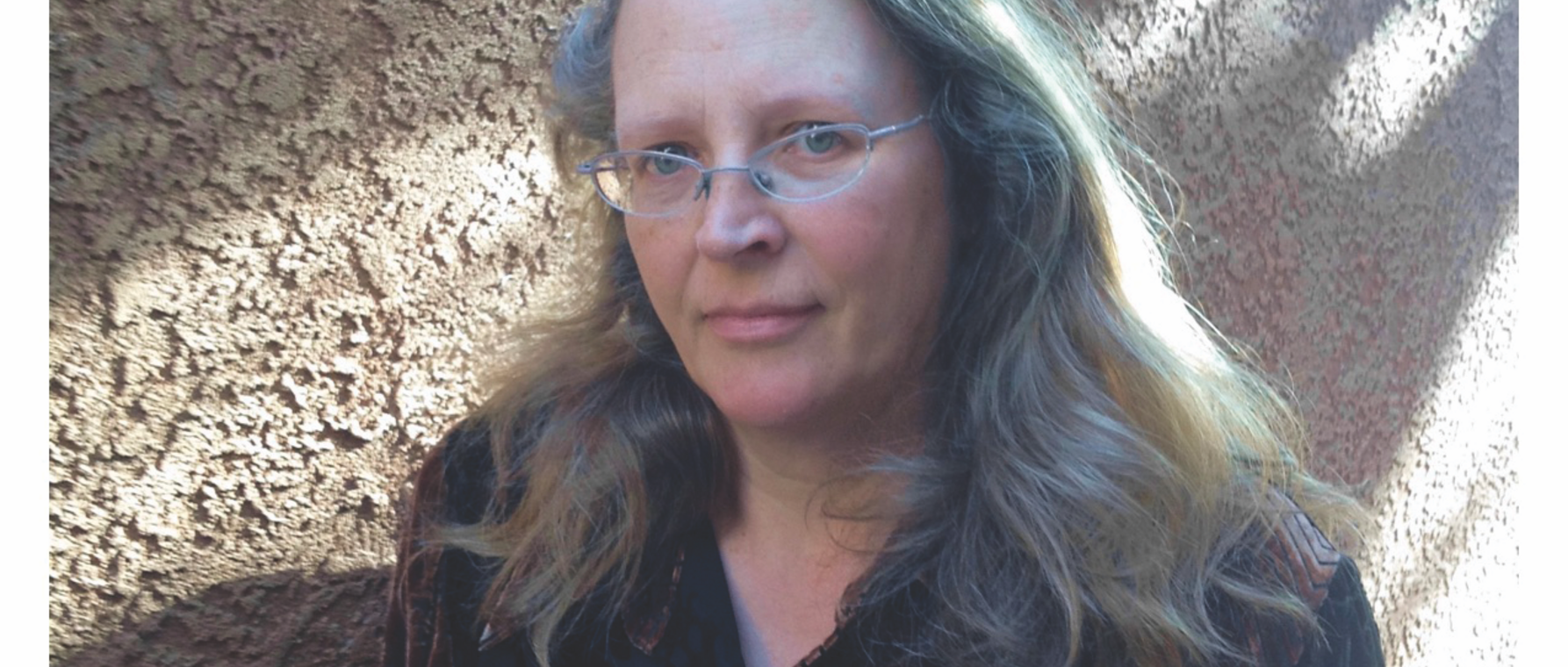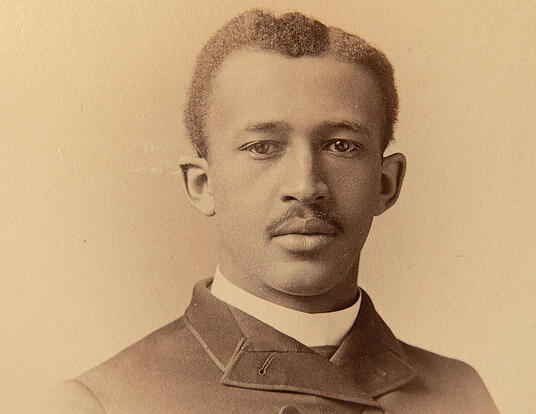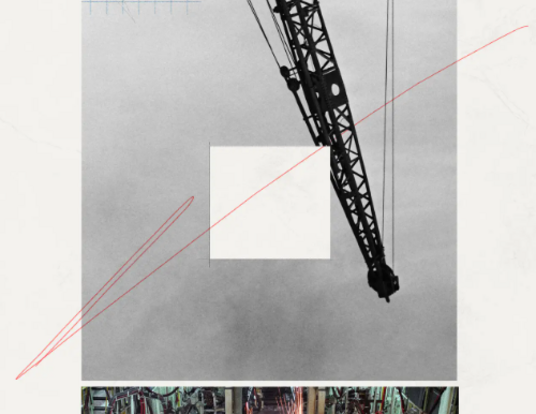On Fire
A conversation with Caroline Fraser, PhD ’87

In Prairie Fires: The American Dreams of Laura Ingalls Wilder, Caroline Fraser, PhD ’87, provides the first in-depth, scholarly biography of the pioneer girl who influenced generations of young children. The book, which earned her a Pulitzer Prize earlier this year, details the contrast between the trials and adventures portrayed in the Little House books with the real struggles faced by Wilder and her family. Below is the full text of an interview Fraser gave to Colloquy magazine.
Your book is the first comprehensive historical biography of Laura Ingalls Wilder. Why do you think no one has undertaken such a study before?
Once upon a time, children’s literature was trivialized. Previous generations hardly considered it worthy of study, and they were the same generations that found women authors—especially those who wrote children’s books—insignificant.
It’s worth remembering that this was once the case at Harvard, where the English Department of the 1980s, when I was a graduate student there, had few women professors, few courses on women writers, and no courses on children’s literature, at least that I can recall. Things may have changed in recent years (there are now “modules” devoted to Children’s & Adolescent Literature at the Graduate School of Education), but surely that kind of attitude, which prevailed nearly everywhere, discouraged study.
Contempt for children and the books they read dies hard, I think, and whiffs of superiority are still detectable. A few years ago, when critics reached for language to belittle Donna Tartt’s novel The Goldfinch, their scorn was revealing. “Its tone, language, and story belong in children’s literature,” James Wood wrote in The New Yorker, deriding the novel as “a virtual baby.” It demonstrated “the infantilization” of American culture, he said later. The London Review of Books condemned it as a “children’s book” for adults, as if there were nothing worse.
Whatever one thinks of that novel, it’s interesting to contemplate how and why adult readers take themselves so seriously. Surely no one is going to confuse Harry Potter with Crime and Punishment, but certain children’s classics do merit adult attention.
Many of us were tremendously influenced by the Little House books as children. Is it valuable to re-read them as adults?
The Little House books are rewarding to read at any age. Indeed, one of the purposes behind the Library of America edition of the Little House books was to offer adults a chance to read the books without the Garth Williams’ illustrations (charming though they are) and with the kind of scholarly apparatus (notes, a chronology of Wilder’s life) that provides context. Adults who’ve read the edition have remarked on how much darker the books feel: When you read them as a child, you focus on the happy endings. As an adult, you see the peril constantly facing the family and sense what the author has deliberately left out.
They’re wonderful adventure stories, beautifully written, but the melancholy of Wilder’s nostalgia comes through to adults in a way that’s not available to children. Older readers are constantly aware of the circumstances under which the books were written—the Great Depression as the background of Farmer Boy, for example—and are capable of glimpsing the import of Wilder’s references to Indian removal and the so-called “Minnesota massacre” in Little House on the Prairie. They’ll feel the undercurrent of Wilder’s shifting political loyalties, when she embraced—during the 1930s, as she was writing—her daughter’s contempt for the New Deal and evolving Libertarian philosophy. The harshest strain of those views bleeds through in the Fourth of July scene in Little Town on the Prairie, which Rose Wilder Lane, the Wilders’ only surviving child and the books’ secret editor, heavily revised and inserted in her mother’s text.
How have the books and the “Little House on the Prairie” television show affected how we understand the period?
This is hard to prove in any statistical way, but since the Little House books were so widely read and taught to generations of American schoolchildren, Wilder’s fictional narrative became, over time, virtually synonymous with the frontier period and the assumption that homesteading represented a kind of apotheosis of manifest destiny. Despite the travails and natural disasters depicted in the books, children nonetheless came away with the impression that settlement represented a triumphant American success story.
In fact, as I try to show in Prairie Fires, nothing could have been further from the truth: Wilder’s experience of farming and homesteading illustrated instead the terrible and ultimately insurmountable challenges facing dryland farmers on the Great Plains. As a grossly oversimplified version of the material in the books, the television show only intensified that.
Is what Wilder wrote decades ago relevant today?
If you follow the plight of the American farmer from Wilder’s day to the present, you can see how relevant her work remains. Small family farmers continue to feel threatened by federal policies and to be severely undercapitalized, much as the Ingalls and Wilders were, operating on a razor-thin margin. Many lose money in any given year.
In a wider historical sense, Wilder’s work helps us realize how skewed our narrow assumptions about homesteading and white settlement have been, how reflective of national prejudice and ecological ignorance. When we examine what happened to settlers in the 1880s and 1890s—foreshadowing the man-made catastrophe of the Dust Bowl—we can see how prone we are to repeating our worst mistakes.
Get the Latest Updates
Join Our Newsletter
Subscribe to Colloquy Podcast
Simplecast





